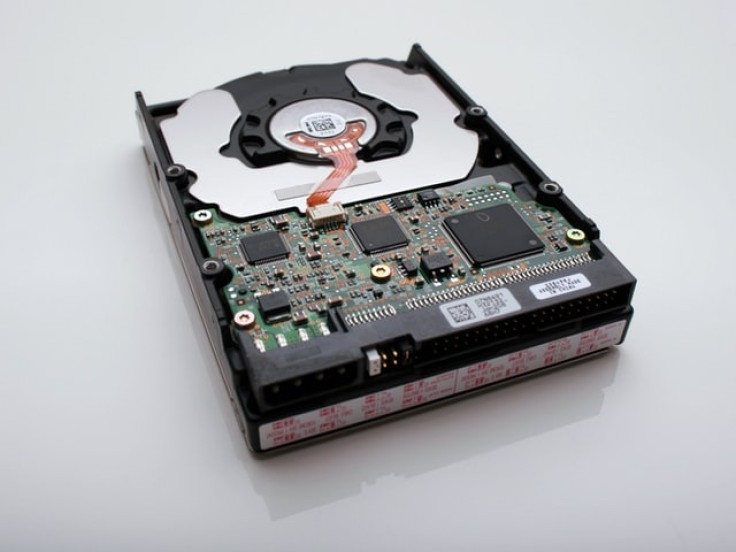
As technology moves along, most people often don't want to be left behind. In the world of storage devices, an SSD or HDD can make or break your game. Your friend just built his own gaming PC. Your boss paid a technician to fix his slow computer. You've got lots of pictures on your computer but you feel you should have room for more.
SSD is blazingly fast and sturdy
Compared to platter drives, SSDs don't have spinning mechanical platters and a moving read/write head. Solid-state drives instead use flash-based memory to store information. Since there are no moving parts, accessing stored data is significantly faster.
Most SSDs have a read speed of around 550MBps and a write speed of roughly 520MBps. In comparison, fast HDDs only have read/write speeds of 125MBps. In general, SSDs are four times faster than these old-school storage devices. With this speed, copying files, especially large ones, becomes a breeze. You no longer have to wait hours to fully copy your college-graduation videos and pics. SSDs also make apps and games load faster. This has real-world benefits especially for professionals who rely on speedy rendering and work output.
If you're someone who's always on the go, equipping your laptop with an SSD could help protect your files from being corrupted. Having no moving parts, solid-state drives offer sturdiness. Accidentally dropping your laptop won't often damage your files (but your device will of course tell a different story). Sudden loss of power like blackouts or you just hurriedly closing your laptop when it's not yet done saving a file won't usually hurt your SSD.
Then why are HDDs still relevant?
When it comes to storage capacity, hard-disk drives still offer an advantage over SSDs. Given the same storage size like let's say 500Gb, HDDs are often cheaper than their newer counterpart. Say you're more concerned about being able to keep large files like your Star Wars and Lord of the Rings movie collections. Platter drives are the best way to go. You don't really need the speed SSDs offer when playing media like songs or movies.
HDDs also tend to last longer. Well at least in terms of read cycles. SSDs have a limited number of write cycles before they fail. For every instance of writes/erases, deterioration happens to the flash memory cell's oxide layer. That's why we don't recommend saving files (songs, movies, games) that get periodically replaced or erased on an SSD. It's far better to save them on a regular hard drive instead.
SSD or HDD? Can we just have both?
Well, yes and no. Modern desktops have room for multiple physical drives. This writer personally has a 240Gb SSD and three 1Tb HDDs in a single system. Windows 10 and other productivity apps go in the SSD while personal files like game installers and videos go in the HDDs. This ensures that the PC gets the read/write speed given by a solid-state drive. At the same time, 3Tb's worth of storage is large enough for files that can be accessed with a normal speed.
For laptops, however, most only come with one slot for your storage device. If yours has an optical drive, you can try swapping it out for a drive caddy. This gives you the option to have two slots for your physical drives. High-end and most gaming laptops aren't usually faced with this problem since they often come with multiple storage slots.









